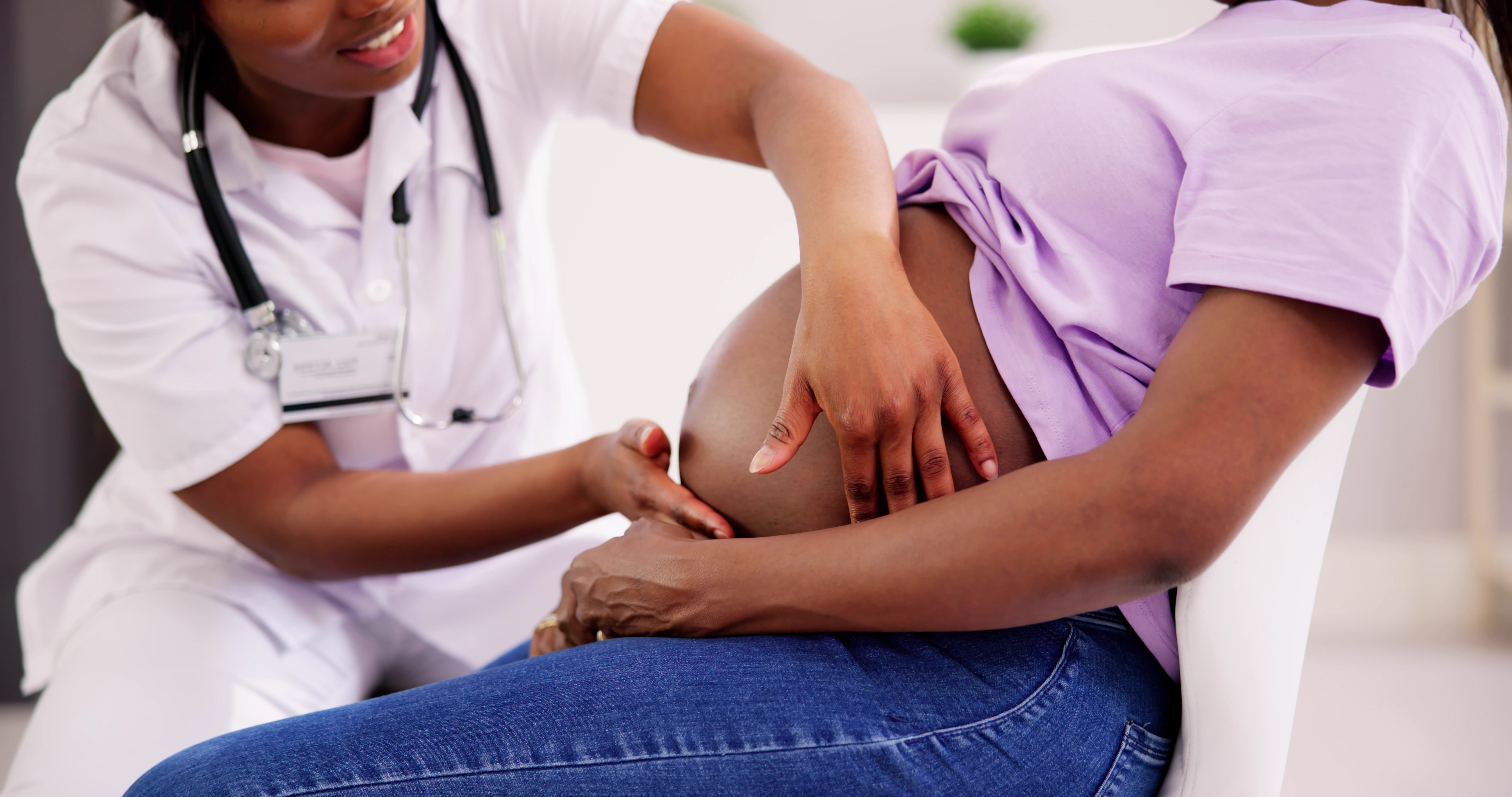
Mississippi Delta Center of Excellence in Maternal Health
Jackson State University
The Mississippi Delta Center of Excellence in Maternal Health at Jackson State University works to address preventable maternal mortality, decrease severe maternal morbidity, and promote maternal health equity in partnership with the Mississippi Delta community.

Jackson State University
Contact
-
Co-Principal Investigator: Dr. Mary D. Shaw
-
Co-Principal Investigator: Dr. Beryl Polk
-
Co-Principal Investigator: Dr. Henning Tiemeier

At a Glance
2
Research Projects
10
Community Partners
Research Topics- Rural Health
- Home Visiting
- Health Literacy
Status
Research activities started
Overarching Aims
Determine the effectiveness of an evidence-based community health worker home visiting program grounded in extensive patient and community participation.
Evaluate the effectiveness of a multilevel and multisectoral communication and health literacy strategy to increase trust and engagement in postpartum healthcare among women in the Mississippi Delta with a specific focus on Black women, their families, and their communities.
Research Project Details
Community Care Implementation to Reduce Maternal Health Inequities
This research study will develop and evaluate the effectiveness of a postpartum home visiting program on uptake, trust, and satisfaction with care and in improving clinical and mental maternal health outcomes. Grounded in extensive patient and community participation, the program is tailored to meet the various needs of at-risk Black women in underserved Mississippi Delta communities, with a focus on: (a) physical well-being and chronic disease management, (b) social work and financial support, (c) psychological well-being and sleep, and (d) infant care and feeding.
Empowering Women for Postpartum Care and Reproductive Health
This research project will evaluate a multi-sectoral patient-clinical linkage intervention to increase comprehension, trust, and engagement in postpartum healthcare among parents in the Mississippi Delta, with a specific focus on Black women, their families, and their communities. The intervention will directly address structural and interpersonal barriers to engagement in postpartum healthcare by (a) improving health literacy and communication skills; (b) strengthening community health worker care coordination; and (c) employing strategies to increase insurance utilization and defray the costs of attending care.
Key Maternal Health Indicators: Mississippi
-
34,459
live births in 2023 1
-
37.9%
of births were cesarean deliveries 1
-
14.9%
of births were preterm 1
-
56.4%
deliveries covered by Medicaid 1
-
680
women with life-threatening complications per every 100,000 births 2
-
35.2
women die from pregnancy complications per every 100,000 births 3
-
4.0x
more Black women die from pregnancy complications than White women 3
-
Top-3 causes
of pregnancy-related deaths: cardiovascular conditions, pulmonary embolism, and metabolic/endocrine conditions 3
-
24.3%
of women are without a birthing hospital within 30 minutes 4
-
75.3%
of birthing women start prenatal care in the 1st trimester 1
Partner Organizations
- Mississippi State Department of Health (MSDH)
- University of Mississippi Medical Center
- Harvard T.H. Chan School of Public Health
- Mom.ME
- Reaching Our Sisters Everywhere (ROSE)
- MSDH, Healthy Moms, Healthy Babies
- Women and Children's Health Initiative
- Southern Regional Children's Defense Fund
- Delta Health Center
- W.K. Kellogg Foundation/Jackson State University Development Foundation
- Aaron E. Henry Community Health Center
- The Mississippi Center for Justice
- Alluvial Collective
- Mississippi Public Health Policy Institute
- Alcorn University School of Nursing
- Jackson State University Public Health Informatics and Data Analytics Program (PHIT)
The Center is also developing National and Community Advisory Boards which include leaders and stakeholders with expertise and familiarity with the Mississippi Delta.
“The overarching goal of the grant is to partner with communities, pregnant, and postpartum women living in the Mississippi Delta to determine their needs and assets and address the disparities within maternity care.”

References
- Data are from 2023 live births occurring within the state. Cesarean deliveries are the percentage of live births where the final route and method of delivery was cesarean. Preterm births are the percentage of live births where the gestational age at birth was less than 37 weeks. Medicaid coverage is the percentage of live births where the source of payment for the delivery hospitalization was Medicaid. Prenatal care in the 1st trimester is the percentage of live births where the first prenatal appointment occurred between the 1st and 3rd month of pregnancy.
Source: Centers for Disease Control and Prevention, National Center for Health Statistics. National Vital Statistics System, Natality on CDC WONDER Online Database. - Life threatening complications are deliveries with a diagnosis or procedure code indicating severe maternal morbidity. Information reported for 2021.
Source: Agency for Healthcare Research and Quality, Healthcare Cost and Utilization Project, State Inpatient Databases 2010 to 2021. - Number of deaths is based on pregnancy-related deaths in 2019. The difference in rate of pregnancy-related deaths between Black and White women and top 3 causes are based on deaths in 2017-2019. Pregnancy-related deaths include deaths during or within a year of pregnancy from causes related to or aggravated by the pregnancy or its management.
Source: Mississippi State Department of Health. Mississippi Maternal Mortality Report 2017-2019. - March of Dimes Maternity Care Deserts Report 2023.








